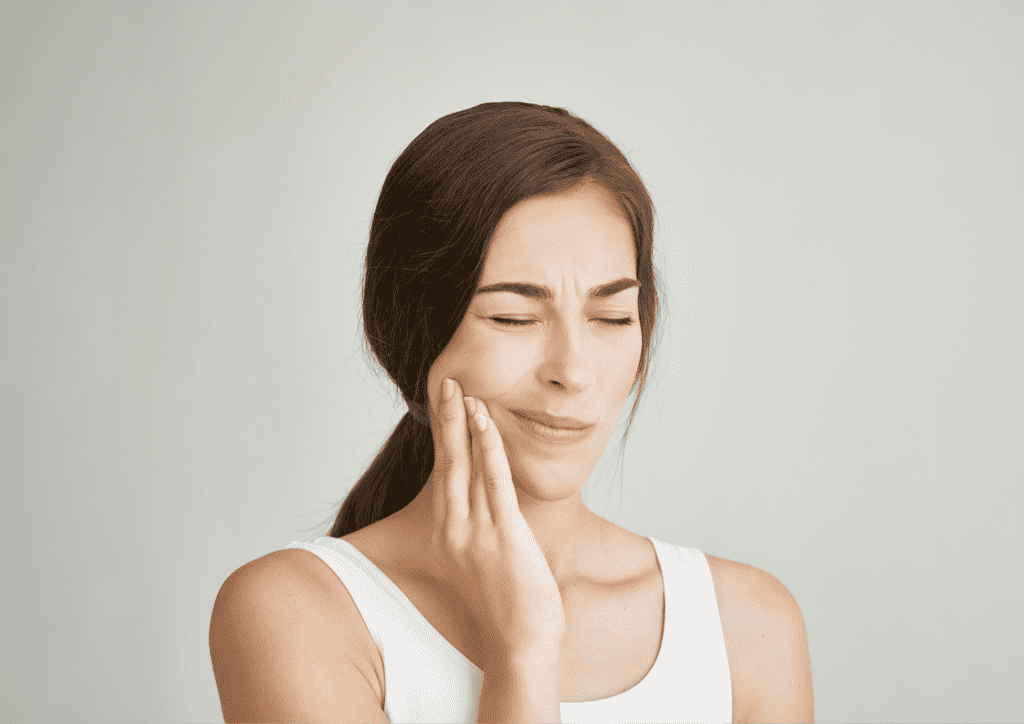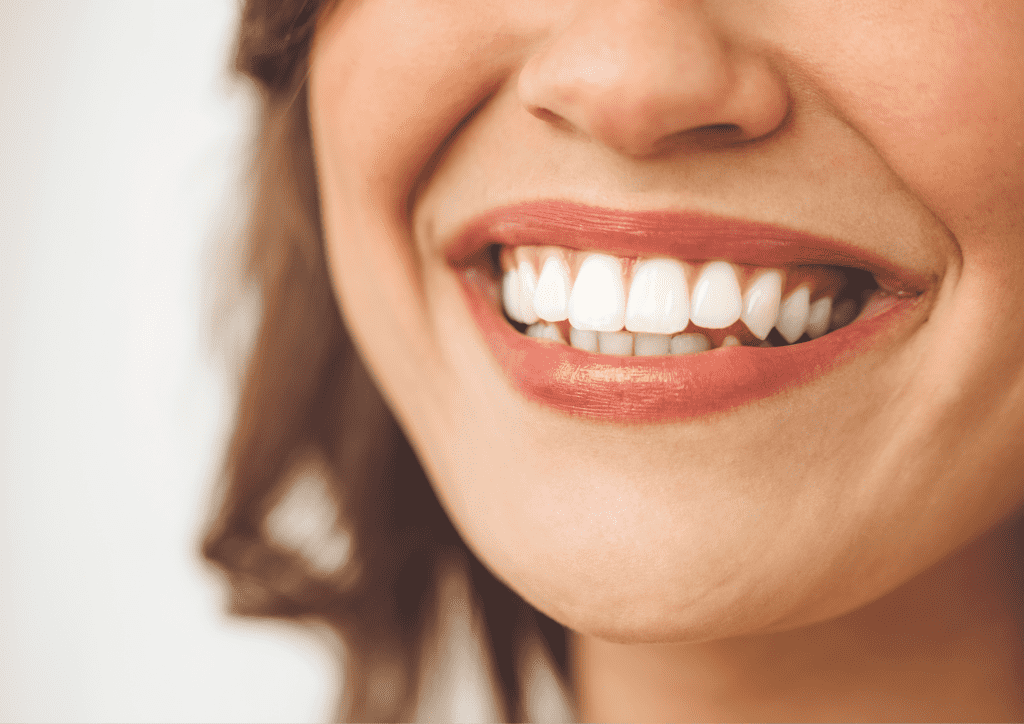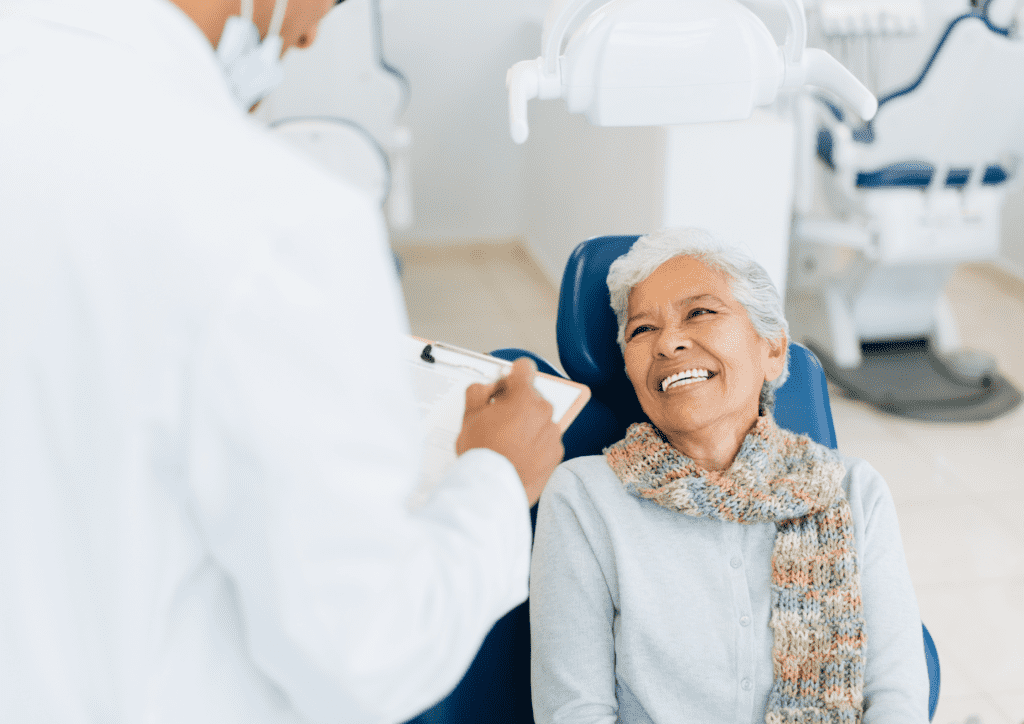Are you worried that you or someone you love suffer from sleep apnea?
Sleep apnea is a sleeping disorder that occurs when something is blocking the airwaves of a person while they are sleeping, causing an obstruction to their breathing. The patient can stop breathing anywhere from a few seconds to 90 seconds, and even though they aren’t aware of the problem, they will often wake up in the middle of the night. In a best-case scenario, the patient wakes up tired and unrested.
In more severe cases, sleep can be interrupted hundreds of times a night, possibly leading to severe lethargy and difficulty performing day-to-day tasks.
What Are the Common Warning Signs of Sleep Apnea?
A sufferer is often unaware that they could have sleep apnea and is often made aware by someone else. There are some tell-tale signs of sleep apnea, while other symptoms may be more subtle.
Loud Snoring
It’s one thing if there’s a little bit of snoring here or there, but if someone is snoring loud enough to disturb others, there’s a possibility it’s due to sleep apnea.
Dry Mouth In the Morning
People with sleep apnea often will have their mouths open much of the night due to improper breathing while asleep. This inevitably leads to a dry mouth in the morning.
Morning Headache
A morning headache can occur with sleep apnea, and experts are unsure why. There is speculation that a lack of oxygen could be the cause of a morning headache due to breathing problems.
Insomnia
Studies have shown that insomnia and sleep apnea can affect the same person even though they’re two different sleep disorders.
Daytime Sleepiness
With frequently interrupted sleep, people with sleep apnea have trouble achieving the restorative stage of sleeping called rapid eye movement or REM. This can cause fatigue and drowsiness throughout the day.
Irritability
An almost inevitable effect considering the lack of restorative sleep, people with sleep apnea are often irritable due to not having proper rest and energy to fuel them throughout the day.
What Are the Common Risk Factors of Sleep Apnea?
Even though sleep apnea can affect almost anyone, certain risk factors increase the likelihood of experiencing this sleeping disorder.
- Weight: People who carry more weight than they should are more likely to experience sleep apnea. Consult your doctor about an exercise and diet program that could help decrease sleep apnea frequency and increase your level of rest.
- Certain medical conditions: Hyperthyroidism, obesity, diabetes, and polycystic ovary syndrome are common comorbidities with sleep apnea.
- Narrow airway: If tonsils are enlarged, this can obstruct breathing while sleeping and contribute to sleep apnea.
- Hypertension: High blood pressure is a common comorbidity of sleep apnea.
- Smoking: Smoking is another behaviour that could disrupt proper breathing while sleeping.
- Gender: Sleep apnea occurs more in men but increases in occurrence in women after menopause.
- Family history: Genetics can play a significant role in the likelihood of someone developing sleep apnea as a sleeping disorder.
- Decreased muscle tone: If the muscles lose tone with age around the upper airway, this can cause sleep apnea.
Is Sleep Apnea Treatable?
Sleep apnea is treatable, and the first thing someone should do if they want to treat their sleep apnea is to make changes to their lifestyle. That could mean quitting smoking, losing weight, or starting a meditation practice to release hypertension. Sometimes people find that just making these changes is enough to make a significant difference. If any of these risk factors apply to you, it’s highly recommended that you work with your physician to create a plan to increase your vitality.
However, if lifestyle changes aren’t creating the results and getting you the rest that you desire, there is a dental procedure that treats sleep apnea. Candidates for the procedure are required to undergo a sleep study, and from there, if you’re still eligible, you may choose to receive something called a Mandibular Advancement Splint.
A Mandibular Advancement Splint is a custom-made oral device worn overnight. It keeps your airways open by holding your lower jaw in an optimal position. This helps keep the airways open and reduces the grinding of your jaw (a common activity for those suffering from sleep apnea). Most people who receive a Mandibular Advancement Splint experience great results and report being happy to have their rest back at night and energy back during the day.
Sleep Apnea Treatment
Sleep apnea is so much more than loud snoring. It can prove to be a threat to your overall health and wellbeing. Whether you feel lethargic throughout the day, are tired of waking up with headaches, or don’t want to be irritable anymore, simply making some lifestyle changes could deliver some relief. However, if you suspect your sleep apnea goes beyond lifestyle changes and you are concerned with some of the significant side effects of sleep apnea, like trouble with your heart or high blood pressure, there is hope with a dental intervention.
If you’d like to know more about the Mandibular Advancement Splint, whether it’s the best treatment for your sleep apnea symptoms, the experts at Dana Street Dental are ready to help. Contact us today to learn more and reclaim your sleep!
